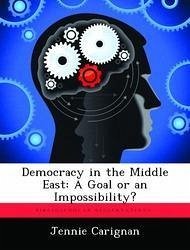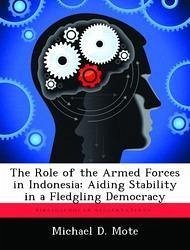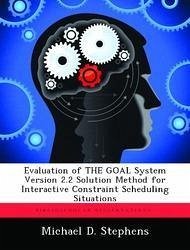Nicht lieferbar

Democracy in the Middle East: A Goal or an Impossibility?
Versandkostenfrei!
Nicht lieferbar
Since September 11, democracy has come to dominate the discourse as authoritarian Middle East regimes, even if they are friendly to Western interests, are perceived to be at the root of the existing international state of insecurity. Promoting democracy has been placed at the forefront of Western foreign policies and the debate over which approach to take is very tense. This monograph examines whether democracy is feasible in the Middle East and explores possible recommendations in terms of support to the democratization process in the region. First, in order to study this question, the diffic...
Since September 11, democracy has come to dominate the discourse as authoritarian Middle East regimes, even if they are friendly to Western interests, are perceived to be at the root of the existing international state of insecurity. Promoting democracy has been placed at the forefront of Western foreign policies and the debate over which approach to take is very tense. This monograph examines whether democracy is feasible in the Middle East and explores possible recommendations in terms of support to the democratization process in the region. First, in order to study this question, the difficulty in establishing a universal concept of democracy is illustrated through the examination of different definitions by various scholars. To add to the complexity, the Western and Middle Eastern views of democracy are different in the sense that the West has been strongly influenced by the work of its philosophers who came to the conclusion within their cultural context that democracy must be secular. The Islamic world in contrast, never came to this conclusion; in the end, it seems that whether democracy is or is not compatible with Islamic thinking remains strictly theoretical. The experience of Muslims with democracy would be more related to their environment. Considering that the limited development of democracy in the Middle East can compare with other developing countries such as in Africa and that some Muslim countries in Asia have achieved democracy, we have to look at other factors that hinder the development of democracy that are common to other states. Factors such as modernization, rentier state status, stagnant economies, colonization, the Arab-Israeli conflict and Cold War rivalries constitute internal and external factors affecting successful democratic processes. The interconnections between these factors inhibit the establishment and maintenance of democracy in the Middle East as both sets of variables feed off each other. Socio-economic conditions, the choic







